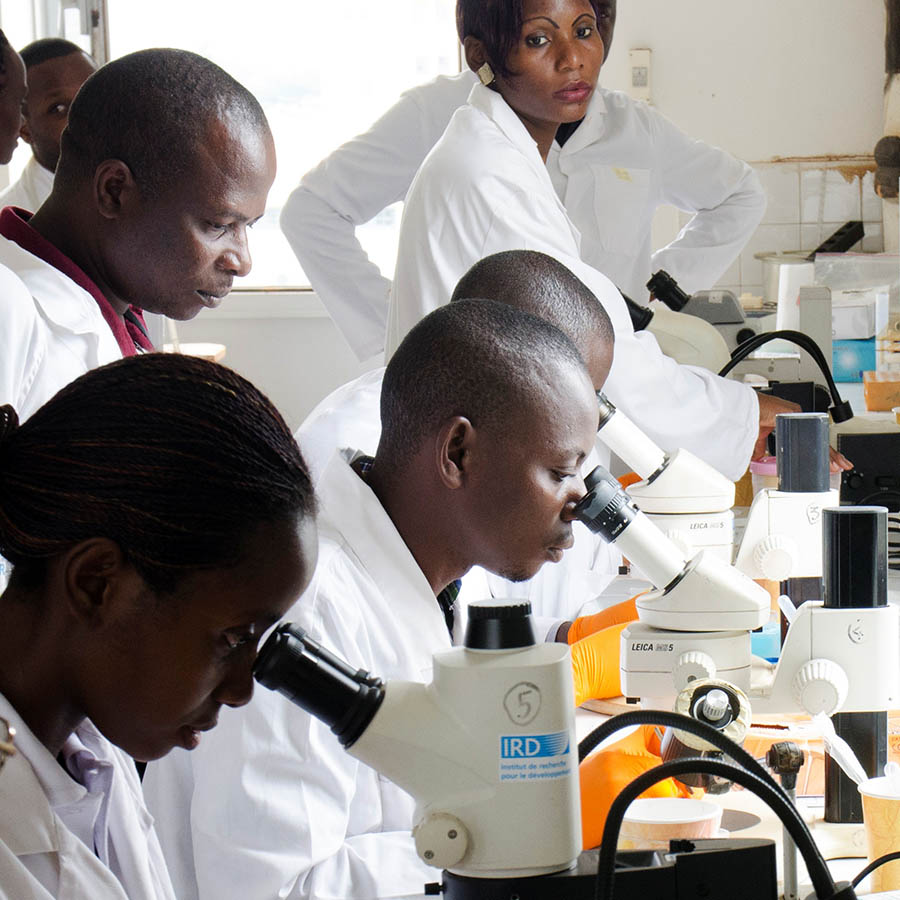Evolution of Vectorial Systems (ESV)
Understanding the evolution of vector-pathogen-environment interactions in order to limit the health impact of vector-borne diseases
The ESV scientific department conducts research that makes it possible to understand the diversity, biology, adaptation, and evolutionary processes of vectors in response to environmental changes, as well as their ability to bring about and transmit infectious agents, all with the aim of better controlling or even eradicating the diseases for which they are responsible. The department is organised into three complementary and interactive teams, each dedicated to studying the key aspects of how vector systems works, namely the ecology and evolution of vectors, the transmission of infectious agents, and vector control. Our research combines basic, applied, and/or translational approaches, and is based on a large network of national and international collaborations, allowing us to implement research and training programmes, particularly in Southern countries where we have been developing numerous partnerships for many years.
research teams
permanent members
Keywords
Mosquitoes, Malaria, Arbovirus, Diversity, Transmission, Adaptation, Evolution, Host-vector-pathogen interactions, Resistance, Control

Primary objectives:
Our research aims to study the biodiversity and ecology of vectors, to understand the evolutionary constraints to which they are subjected, and to assess the epidemiological consequences of environmental perturbations on the maintenance or emergence of diseases. It also aims to offer a better understanding of how the interactions between vectors, pathogens, and their environment shape transmission. The ultimate goal of our work is to optimise the control of vector-borne diseases, and to propose and assess integrated management solutions that respect the environment.
ESV team locations
Collaborators
- Senegal
- Mali
- Ivory Coast
- Benin
- Ghana
- Cameroon
- Central African Republic
- Republic of the Congo
- Kenya
- Tanzania
- South Africa
- China
- India
- Bangladesh
- Thailand
- Cambodia
- Peru
- Colombia
- Haiti
- Brazil
- Guyana
- Guadeloupe
- USA
- France
- Italy
- Spain
- UK
- Netherlands

ESV department news
“One Health, One World”: When Territories and Knowledge Unite Against Epidemics
How is Brazil addressing the growing threat of vector-borne diseases in a changing climate? In Brazil, the "One Health" approach — integrating human, animal and environmental health — is essential to tackle challenges such zoonoses and arboviroses. Our new film...
TIS : projet sur la technique de l’insecte stérile
Reportage sur le projet TIS, émission Vital diffusée la 1ère fois le 11/09/21. Pour visualiser le reportage cliquez ici
